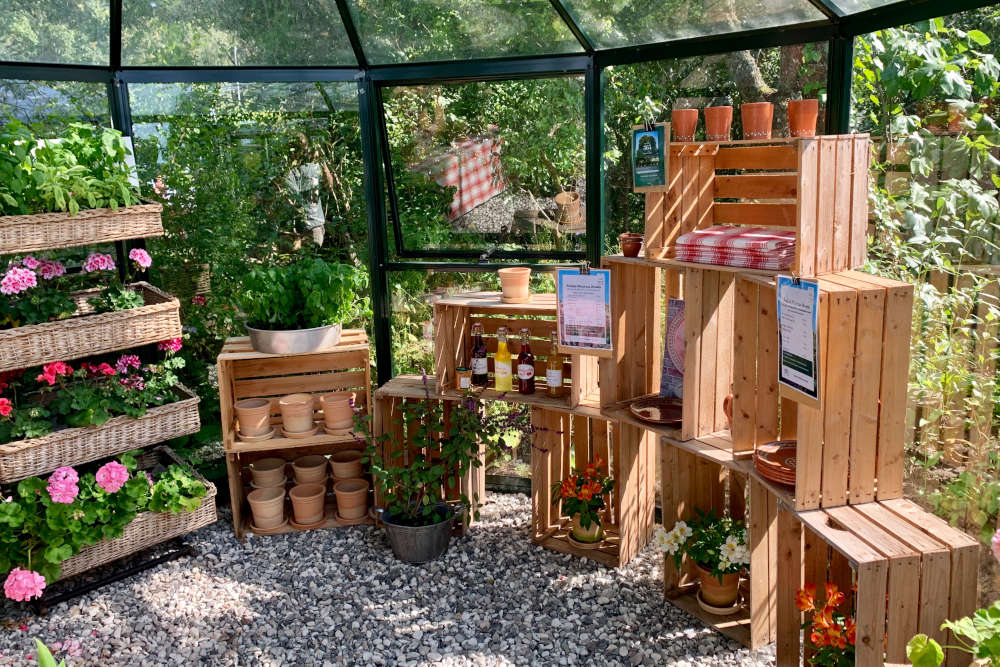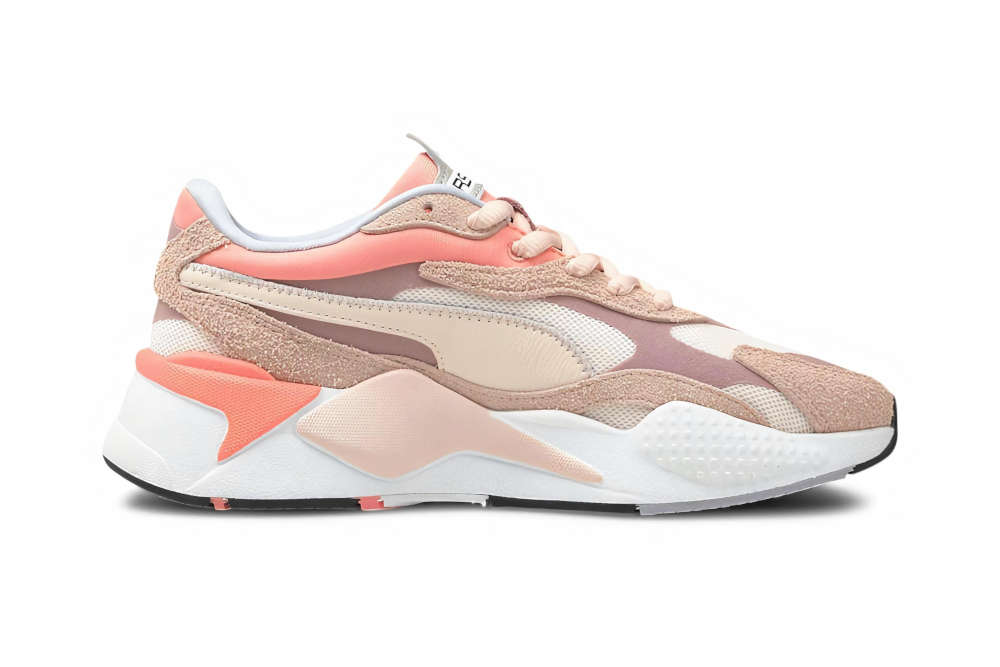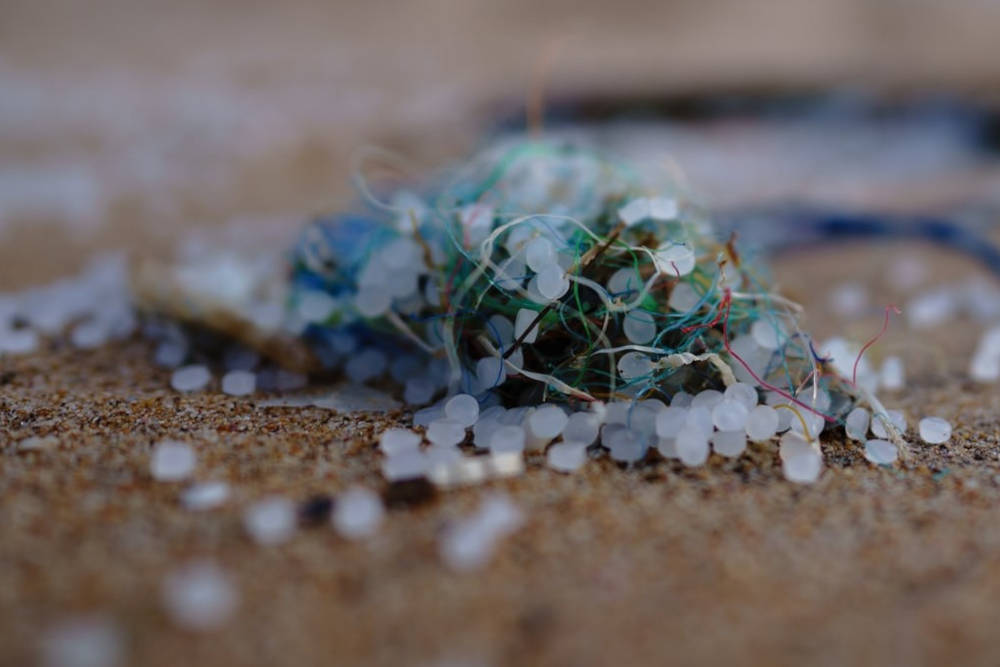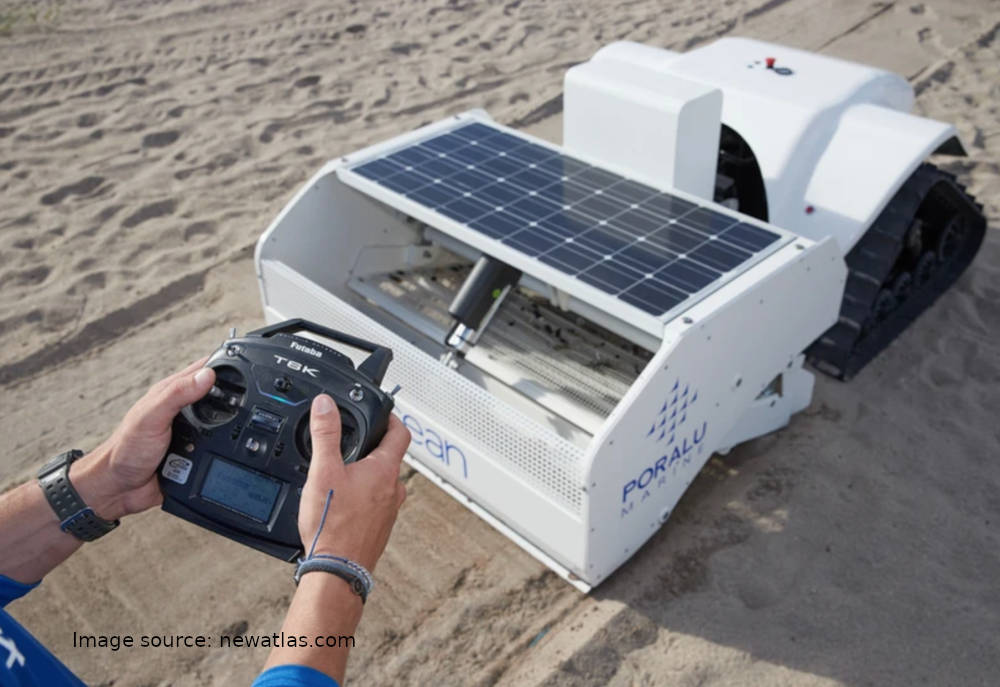Eco-friendly "Jelly Ice Cube" set to Transform Cold Storage: as it contains no Plastic and Doesn’t Melt
- Home
- Swallow Green
- Eco-friendly "Jelly Ice Cube" set to Transform Cold Storage: as it contains no Plastic and Doesn’t Melt
Eco-friendly "Jelly Ice Cube" set to Transform Cold Storage: as it contains no Plastic and Doesn’t Melt
- access_time28 February 2022
- account_circleSwallow Green
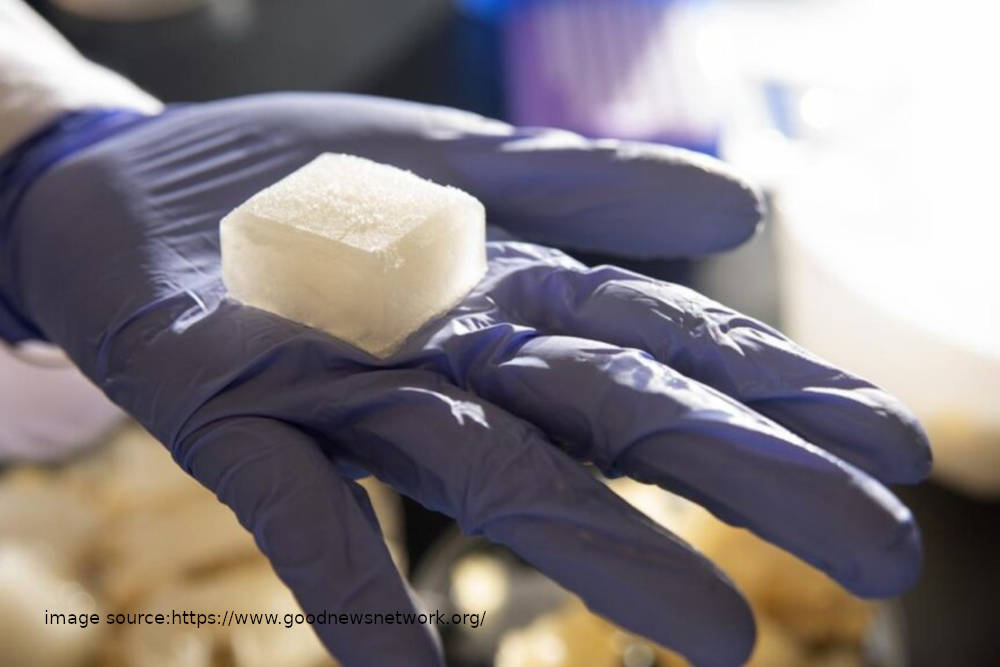
Researchers at the University of California, Davis, have developed a new type of cooling cube that could revolutionize how food is kept cold and shipped fresh without having to rely on ice or traditional cooling packs. These plastic-free, “jelly ice cubes” don’t melt, they are compostable and anti-microbial, and also help prevent cross-contamination. The cooling cubes contain more than 90% water and other components in there are meant to retain and stabilize the structure. They are soft to the touch like a gelatin dessert and change color depending on temperature.
“When ice melts, it’s not reusable. We thought we could make a so-called solid ice to serve as a cooling medium and be reusable. You can use it for 13 hours for cooling, collect it, rinse it with water and put it in the freezer to freeze again for the next use.” Gang Sun, professor in the Department of Biological and Agricultural Engineering
A patent for the design and concept was filed in July as the researchers hope to eventually use recycled agriculture waste or byproduct as the coolant material. These reusable cubes can be designed or cut to any shape and size needed.
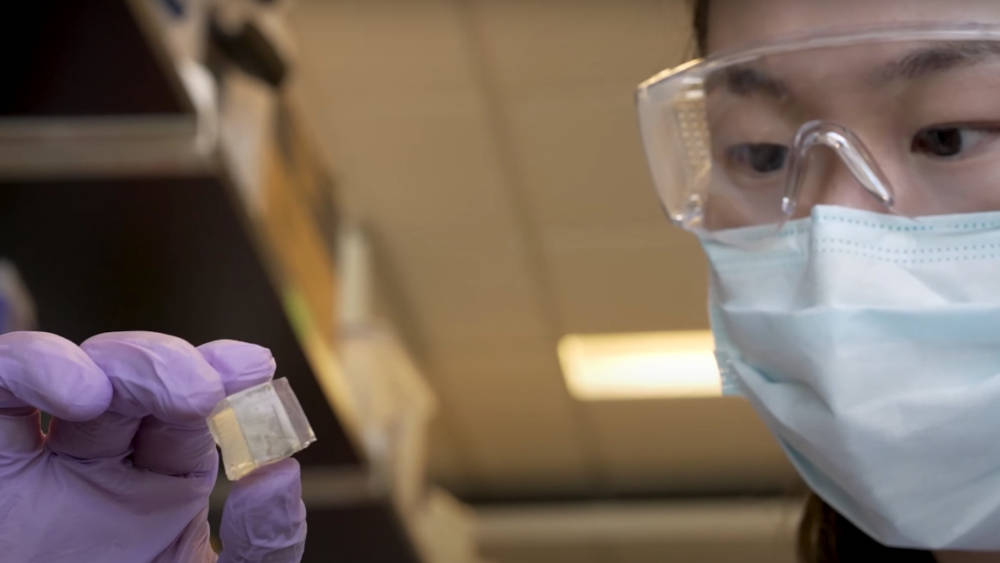
Image source: https://nerdist.com/
“We want to make sure this is sustainable. The amount of ice used by these fish-processing sites is massive. We need to control the pathogens.” Luxin Wang, associate professor in the Department of Food Science and Technology.
The researchers began working on the coolant cubes after Wang saw the amount of ice used at fish-processing plants and the cross-contamination that melting ice water could possibly spread among products or down the drain.
The jelly ice cubes offer an alternative to traditional ice and could potentially reduce water consumption and environmental impact. They also offer stable temperatures to reduce food spoilage and could be ideal for all sorts of macro users, such as meal prep companies, shipping businesses and food producers who need to keep items cold. The application could potentially reduce water consumption in the food supply chain and food waste by controlling microbial contaminations.
Source: Source: Gregory Urquiaga/UC Davis


